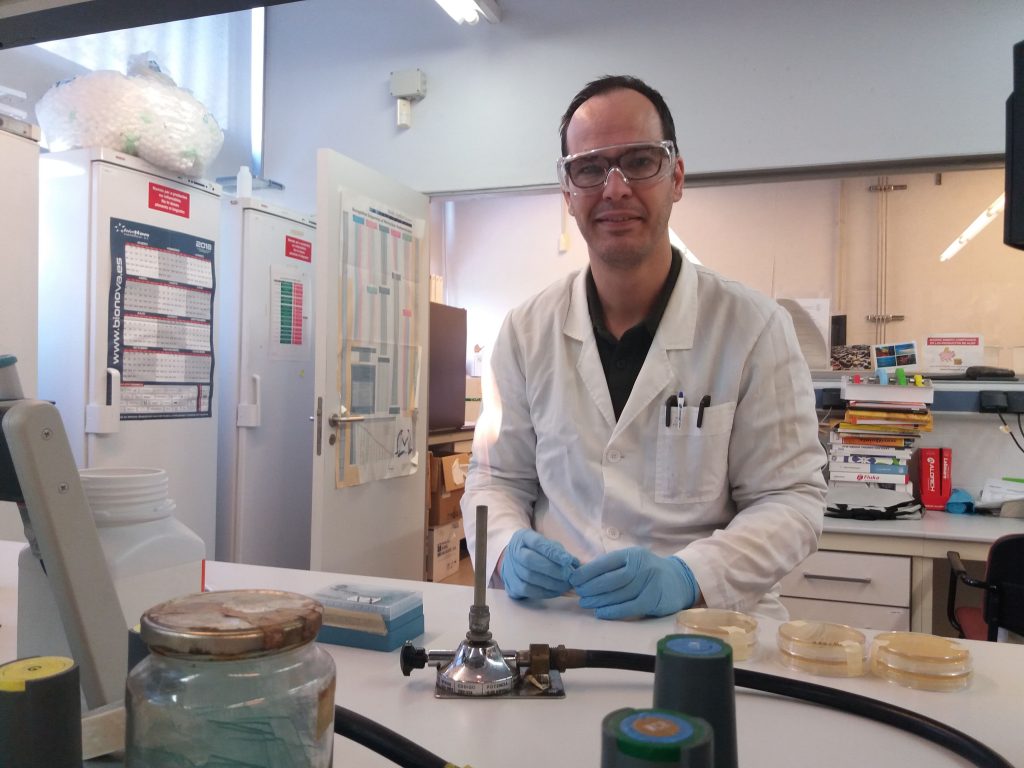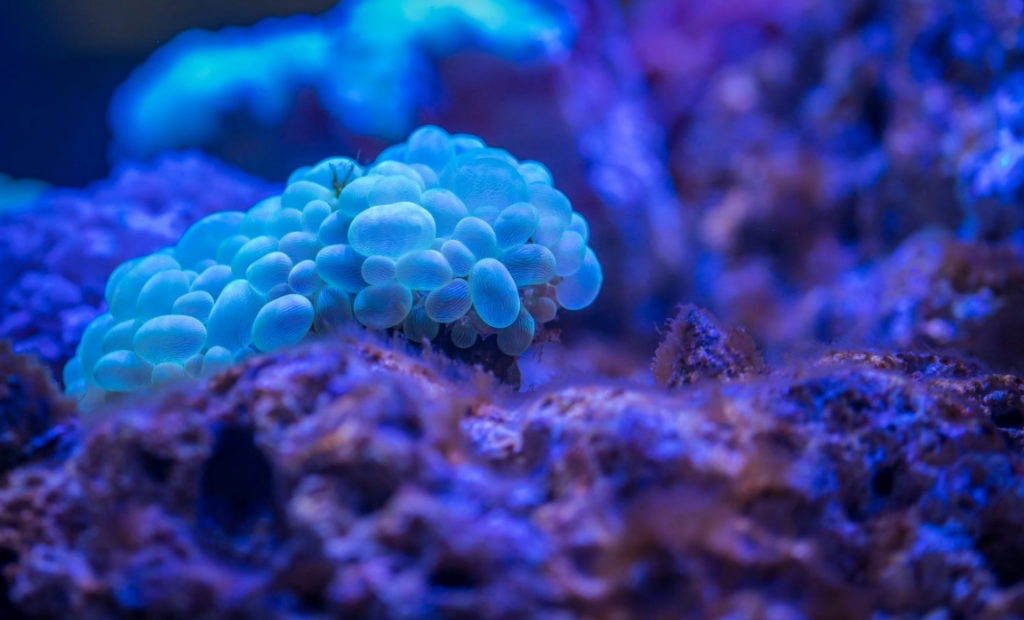22/12/2020
Dimitrios Kioroglou, PhD fellow of the Martí i Franquès COFUND Doctoral Programme
“My work during my PhD was to implement and improve a new and promising methodology called Next-Generation-Sequencing”

Dimitrios Kioroglou, from Oenology Faculty, is the first fellow of the Martí i Franquès COFUND Doctoral Programme to achieve the PhD Degree
Dimitrios Kioroglou (Greece), from Oenology Faculty, is the first fellow of the Martí i Franquès COFUND Doctoral Programme to achieve the PhD Degree The interest in scientific research of Dimitrios prompted him to do a PhD at URV, where he defended the thesis “Analysis of microbial populations in wines through NGS methodologies”, supervised by Dr Albert Mas and Dra María del Carmen Portillo, as part of the PhD programme in Oenology and Biotechnology. He was awarded the PhD with Cum Laude distinction.
How would you explain your research to a non-scientific audience?
The wine is a result of microbial activity. During the winemaking process, the microorganisms present in the wine compete with each other mainly due to the limited amount of nutrients. In order to gain an advantage in this competition, the microorganisms release chemical compounds aiming at affecting negatively the growth of the others. This activity gives the wine its actual taste. However, some chemical compounds benefit and enrich the characteristics of the wine, while others may produce foul odours and lead to wine spoilage. Currently, it is very difficult to control the wine quality, since we cannot influence the microbial activity during the winemaking process. To do so, we need two things. First we need to be able to accurately identify every microorganism present in the wine, and second we need to understand how microorganisms interact with each other. My research focus concerned the first problem. Therefore, my work during my PhD was to implement and improve a new and promising methodology called Next-Generation-Sequencing (NGS). Using this methodology I was analysing all the microbial DNA that we were extracting from the wine, trying to answer the following questions: what kind of microorganisms are present in the wine, and how the wine’s microbial communities evolve overtime.

What are the main applications of your research? Could you give us an example?
The wine industry suffers significant financial losses due to spoilt wine. To limit these losses we need to be able to control the microbial activity during the winemaking process. However, as mentioned the first step towards that direction is the ability to accurately analyse the entire wine microbial diversity. Therefore, my research aimed towards the development of methodologies that will help to achieve this goal. Moreover, results associated to the NGS methodology that came from my research could also be implemented in other fields related to the analysis of the microbial communities, such as the study of the human gut microbiome.
Do you think that your research topic will be a key element in the near future?
NGS is certainly a very promising methodology that will shape the future of the winemaking process. Nevertheless, its intricacy makes its implementation a quite overwhelming procedure. I think the work I have done during my PhD has set a solid foundation that could help the subsequent studies in this field.
How do you think your experience at the URV will contribute to your scientific career?
During my PhD I had the chance to implement and improve my acquired skills and develop new ones. Therefore, my experience at URV has enhanced my scientific profile at so many levels, so that it will definitely have a great positive impact on my subsequent career.
What has been the best thing about your time at the URV, and in Tarragona?
At URV I got to know great people, very willing to help you. In addition, I was very fortunate to have a great collaboration with my PhD supervisors. I think the latter is one of the most important aspects of a PhD. Regarding Tarragona, I am a huge fan of tranquil cities. For me its strongest point is the sea. A relaxing walk by the beach after a busy day is one of the things I will really miss.
As part of your PhD, you did an international research secondment at Technical University of Denmark (DTU). Do you think this has benefited or improved your research project?
I did my secondment at the Center for Biological Sequence Analysis (CBS) of DTU that is known for its innovation in the bioinformatic and systems biology field. I planned my secondment very early in my PhD as I wanted to become familiar with a type of analysis that it would be useful in my project. Although, this analysis turned-out to be unfeasible in my project for technical reasons, still it remained an important skill in my analytical toolbox.
What are your plans now that you have finished your PhD?
My main plan is to continue a research career. Therefore, close to the end of my PhD I was searching for available opportunities and fortunately I managed to get a PostDoc position.
Which advice would you give to a PhD student who is beginning his/her research project?
A PhD project initially appears quite overwhelming. Therefore, my advise would be to breakdown the research project into smaller and simpler research questions. Making small steps helps retaining things under control. And finally, as a short simple advise I would say… stay calm, read and always plan.
